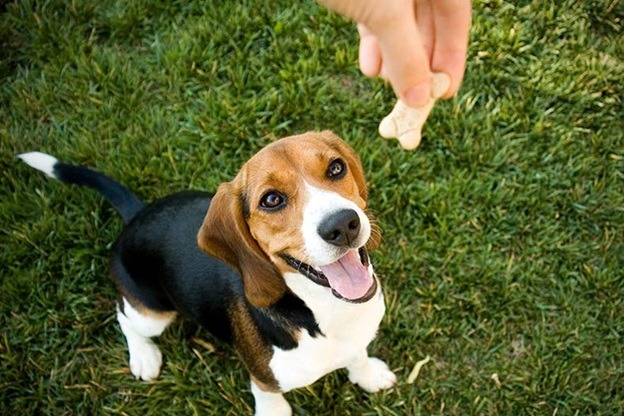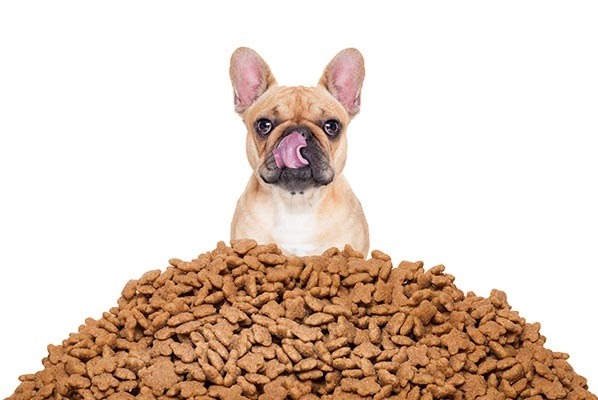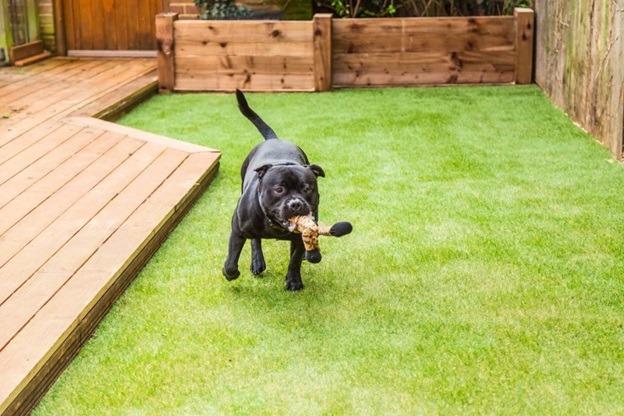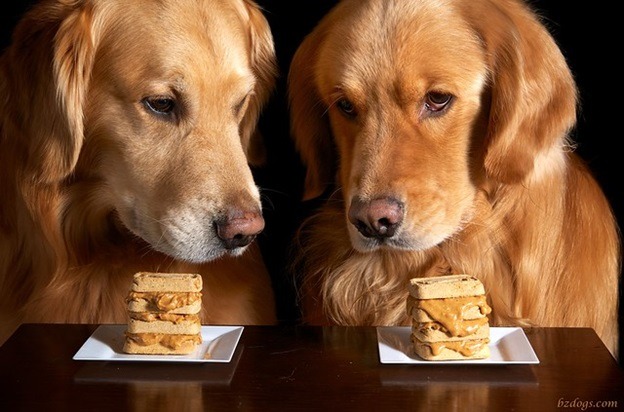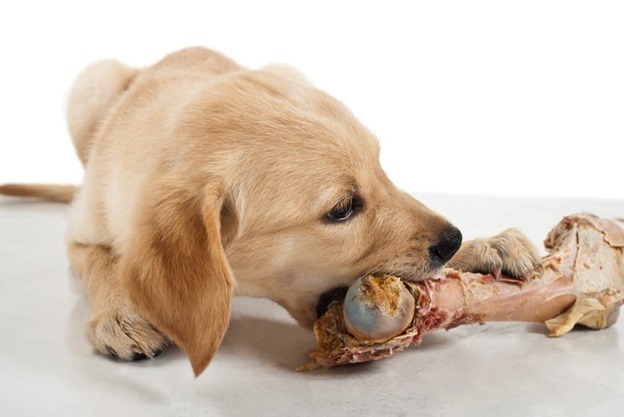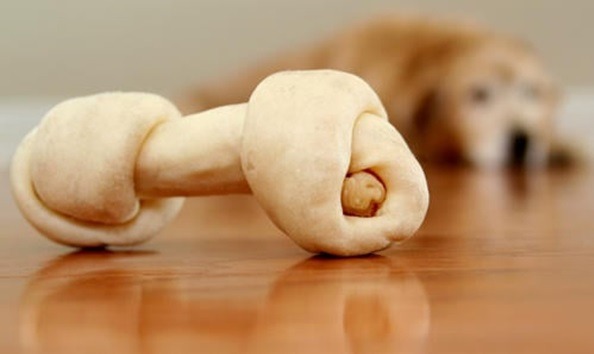Witnessing a dog’s tail wag and his ears perk up at the very mention of the word “treat” is so delightful to watch. Treats make for a great training tool, reinforce good behaviour, and are a fun way to spoil your dog and let them know you love them. Not only are the treats helpful in shaping your dog’s behaviour, but they are also beneficial to your dog’s health in so many ways. Treats are like magic wands, the type of wand and how we use it matters too. The key for optimum treat benefits depends on what types of treats you use, which depend on various factors such as your dog’s breed, preferences, food habits, nutrient requirements, and health concerns.
Never go overboard with the number of treats you give your dog, and always be mindful of the type of treats you give them. Similar to dogs, treats too come in a variety of styles, sizes, and shapes too. In addition to various other conditions, treats qualify as treats only if they match your dog’s preferences. Take care of the fact that treats don’t amount to more than 10% of your dog’s diet, and if they do, adjust the dog’s diet accordingly.
Checking the ingredient label of the treats plays a crucial part in choosing the most appropriate treats for your dogs. Picking healthy dog treats calls for steering clear unwanted ingredients that may cause an adverse reaction or allergy to your pet.
How to Read the Label
Reading the label helps select the perfect treat for your dog by knowing what to look out for and what to avoid.
What to look for
The shorter the ingredient list, the better.
High-quality whole food ingredients
Natural Functional Ingredients
Natural Preservatives – Vitamin C and E (mixed tocopherols)
Natural Humectants such as molasses and vegetable glycerin promote moisture content
What to avoid
Sweeteners: Always opt for a natural sweetener like honey over a synthetic one.
Long ingredient lists with ingredients you can’t seem to pronounce.
Chemical and artificial additives: natural is always better.
Chemical preservatives with adverse health effects: butylated-hydroxyanisole (BHA), butylated hydroxytoluene (BHT).
Once you have worked out the crucial details regarding the treats, you can decide the type of treats you want to procure for your dog.
Here is an extensive guide to making the best decision regarding the same.
Crunchy Treats
Humans love crunchy food for the sensory qualities that they offer beyond taste. Crunchy and hard treats, also known as dog biscuits, are available in various shapes, sizes, and flavours.
The size of the treats should be in line with the size of your dog. Choose brands that adhere to the manufacturing standards of the highest degree, thus ensuring high-quality treats for your dog.
Soft Treats
Soft treats make for the best training treats due to their soft texture and pleasing taste. Due to their popularity, soft treats are also available in various flavors, shapes, and sizes.
Using small-sized treats works to provide instant gratification. If your dog eats the treat very fast, the message of it being a reward is made clear by default.
CBD Treats
CBD dog treats work wonders for your dog by providing a perfect blend of taste and health. Such treats are made from the CBD extract of hemp plants and are entirely legal. CBD does not possess any psychoactive properties and is fundamental in providing mental relaxation, enhanced mobility, pain relief, and overall wellness to your dog.
Freeze-Dried and Jerky Treats
Freeze-dried and jerky treats offer an unparalleled taste similar to a morsel of human food for dogs. These treats are generally made of meats, liver, seafood, and poultry. The desirable flavour of freeze-dried and jerky treats makes them the absolute favourite dog owners since they make for the most effective treats during training.
Prioritize finding a good source of jerky treats, preferably a reputed company. If not, you can always make your jerky treats for your dog with a food dehydrator.
Dental Chews and Bone-Like Treats
Contrary to popular belief, bone-like treats are not made from animal bones. Dental chews are made from corn starch and other digestible materials. Due to the degree of chewing required to consume these treats, some experts believe they promote dental health. Ensure you do not let your dog gulp down dental chews, as this may lead to gastrointestinal blockage.
Furthermore, if the treat is a bit too hard, it can cause oral injuries or tooth fractures. If you bang a chew on your knee and it hurts, it means that they are too hard for your dog’s teeth too. Keep your dog under constant supervision while consuming any chew treats.
Rawhide
Rawhide is not generally recommended for dogs, except when it is treated for digestibility. Rawhide is often made from animal hide and is treated with various artificial chemicals, which may cause gastrointestinal obstructions and other complications.
Corn-starch-based “bones” or dental chews make an ideal alternative for rawhides. Veterinarians have specially developed some rawhides to be digestible and good for the teeth. Feel free to ask your vet for an appropriate bearing on these.
Pig Ears
Pig ears make for a fatty yet delicious treat for your god. Sometimes they are often prone to processing with chemicals that are considered unsafe. For dogs that are at risk for obesity, pig ears should be avoided at all costs. Even if you find a source of pig ears that are not overly treated with chemicals, keep them to a minimum due to their high-fat content.
Human Food Treats
Treating your dog with human food can go both ways depending on the type of food you treat them with. While fresh foods such as apples, carrots, poultry, lean meat, and seafood are immensely beneficial for your dog, table scraps such as cheese, hot dogs, cookies, crackers, and other similar foods should be avoided at all costs.
The food you give to your dogs should be devoid of any seasonings or sauces. Feeding your dogs with grapes, onions, or raisins is a big no since these foods are poisonous to dogs.
Consult your veterinarian before giving any or all human food to your dog.
Dogs are sure a treat to our eyes and our hearts, it is only fair they are rewarded and spoiled with treats that are best for them.

